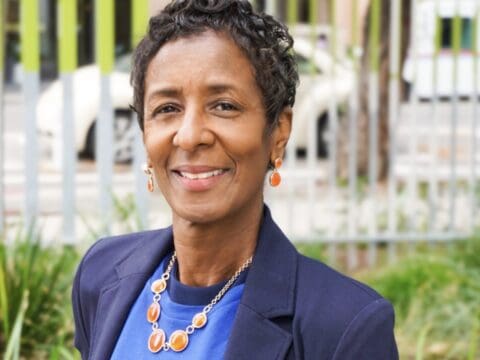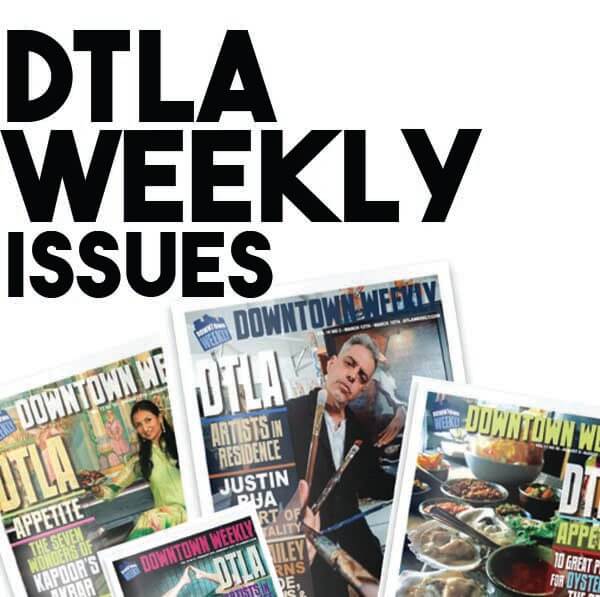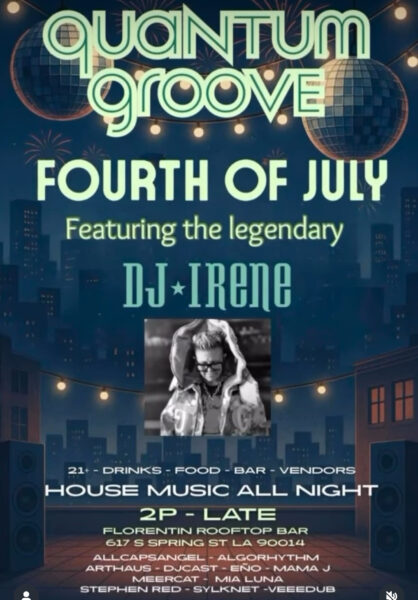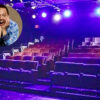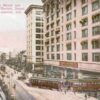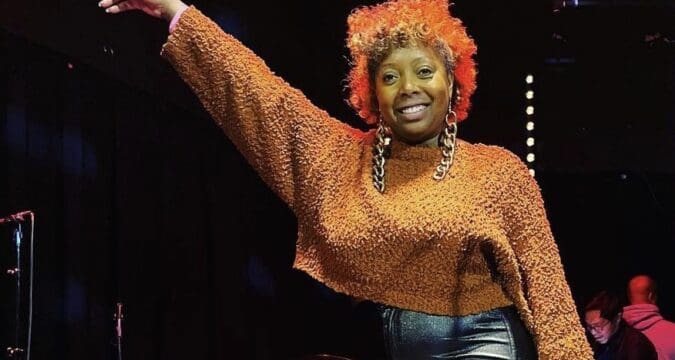
The word Juneteenth is derived from a combination of June and nineteenth, commemorating the emancipation of enslaved African Americans sometime in mid-June of 1865.
Recently put in place by the Biden administration, Juneteenth is now a National Holiday ranked along side Saint Patrick’s Day, Easter and The Forth of July marking Major General Gordon Granger’s order proclaiming freedom for enslaved people… one more glorious day of celebration or another break from the busy American work week.
This annual celebration is meant to honor the resilience and triumph over slavery, and the ongoing pursuit of freedom and equality.
Mayor Bass issued the following statement:
“We can only move forward as a country if we openly acknowledge our country’s past. Slavery existed in America well before 1776 and lasted more than 200 years before being replaced by Jim Crow laws and other evolutions of oppression.”
Yet, long before being federally branded, Southerners of America had long been celebrating Juneteenth with BBQs, dancing and libations. However, to the North and west-coast regions the celebration is fairly new. Maybe that explains why many Downtown entities used to celebrating festivities didn’t pull out all the stops for this year’s Juneteenth or why many citizens just used the occasion to enjoy a relaxing day off work. Painstakingly, despite Downtown being partially founded by people of African American descent, with the exception of a few noteworthy events, this year’s Juneteenth in Downtown LA went almost unnoticed.
If it wasn’t for us meddling kids…
Mayor Karen Bass, spoke also at Liemert Park’s Annual Juneteenth Celebration stating,
“Today’s celebration acknowledges and recognizes that struggle and also contextualizes inequity we see today.
“While we spend Juneteenth celebrating freedom and the ongoing fight for our rights, Juneteenth is an opportunity to reflect on how far we have come and to commit to continuing our work to advance equity and justice in this country.”
Here’s a recap of Juneteenth events in DTLA that caught our radar…
As Juneteenth unfolded in Downtown LA, those who celebrated came together to embrace wellness, culture, and unity. The wellness double-header at the California African American Museum featuring free yoga sessions with Constance Hartwell and the mesmerizing sound bath by Sol & Sound.
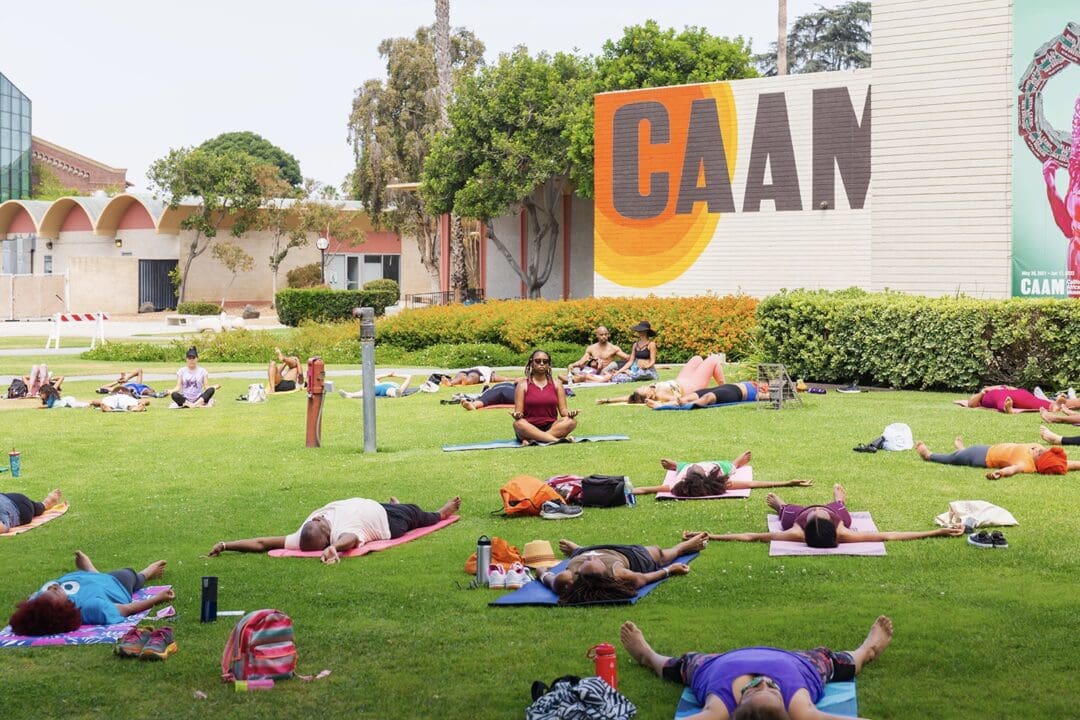
Providing opportunities for individuals to connect with their bodies, minds, and spirits, participants of all ages, with their yoga mats in tow, immersed themselves in the practices of self-care and meditation, finding solace in the collective energy of the community.
Simultaneously, the Skid Row History Museum stood as a testament to the power of art, collaboration, and social change. Supported by the Skid Row Arts Alliance, Skid Row Coffee, Los Angeles Poverty Department and Sir Oliver Productions, the museum showcased remarkable performances that captivated the audience.
Christopher Mac and Ray Lewis opened the event with their acoustic drumming, echoing the heartbeat of the community and awakening a sense of rhythm within all who witnessed it.
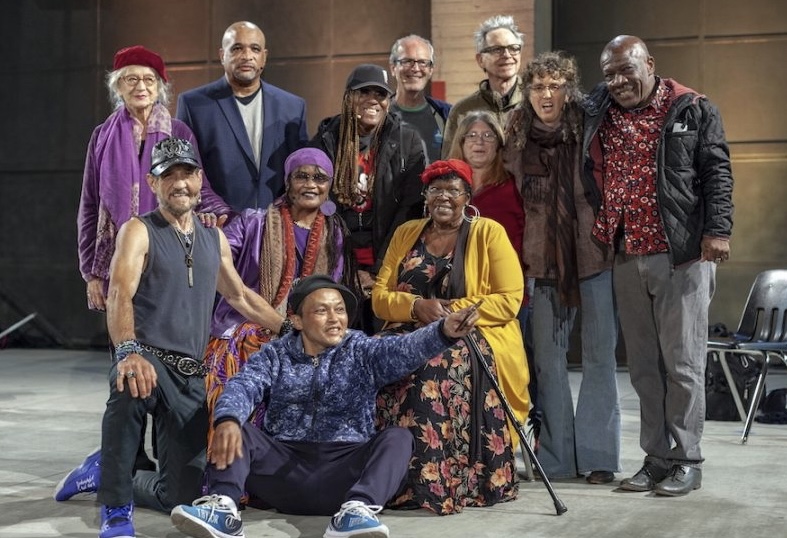
Urban Voices commanded attention with their resonant voices, inspiring unity and empowerment. Stephanie Bell and Lorraine Moreland paid homage to the rich heritage and stories of the African American community, reminding everyone of the strength and significance of their collective history.
Inside the Skid Row History Museum, visitors were treated to the thought-provoking exhibition, “COSMOLOGY & COMMUNITY: Networks of Liberation.” Curated by Charles Porter in collaboration with the museum’s curatorial staff, the exhibition beautifully illustrated the interconnectedness of the community. It served as a testament to the transformative power of unity and highlighted the ways in which individuals can come together to create positive change.
Charles Porter, as the Project Coordinator for the United Coalition East Prevention Project (UCEPP), had been an integral part of the Skid Row Community since 1999. With unwavering dedication, Charles collaborated with community members, empowering them to initiate campaigns that addressed the pressing needs of Skid Row. Through the arts, music, poetry, and the cultural heritage of the African diaspora, Charles engaged, educated, and mobilized the community, instilling a sense of agency and fostering resilience. His notable contributions, such as the establishment of the Skid Row Community ReFresh Spot, a 24-hour outdoor space providing essential services, demonstrated his commitment to improving the lives of Skid Row residents. Additionally, his advocacy efforts, including the formation of the Row Skid Parks Committee and collaboration with LAUSD, led to expanded resources for homeless students, ensuring their needs were met.
The Los Angeles Poverty Department (LAPD), founded by John Malpede, pioneered a new path in utilizing the arts to empower the homeless community. As the first performance group predominantly comprised of homeless individuals and the first arts program of its kind in Los Angeles, LAPD sparked conversations and collaborations that aimed to transform Skid Row. By recognizing the potential within the community and nurturing its strengths, LAPD ignited a movement that aimed to improve living conditions and elevate the voices of those experiencing homelessness.
At the Fashion District’s The Platform Shop, Young Baca Productions celebrated Juneteenth with a free comedy show featuring talented comics led by Dell Harrison; uplifting with the healing affects of laughter in front of a cheery crowd from 8 to 11pm.
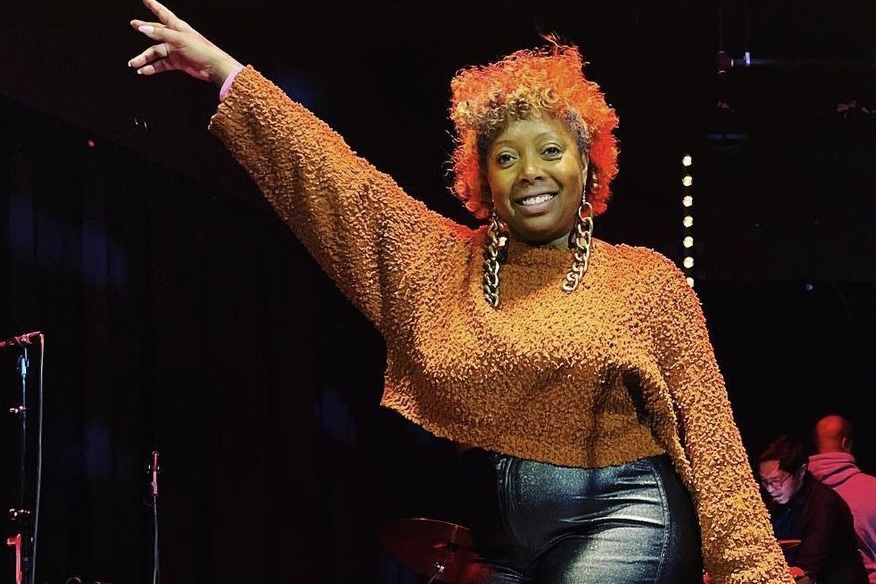
Juneteenth, a federal holiday, continues to serve as a poignant reminder of the struggles endured and the progress made towards equality. It symbolizes the unwavering spirit of resilience and the ongoing pursuit of freedom. Through wellness practices, artistic expressions, and community engagement, the Juneteenth celebrations in Downtown LA exemplified the power of unity, healing, and commemoration. By embracing the history, culture, and aspirations of the African American community, the event uplifted spirits, fostered connection, and emphasized the importance of collective progress.
![]()





